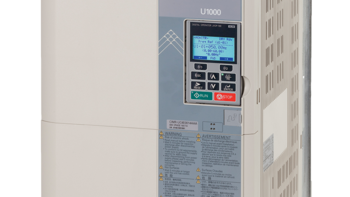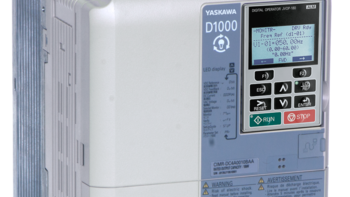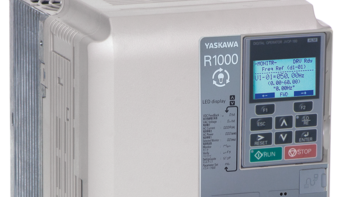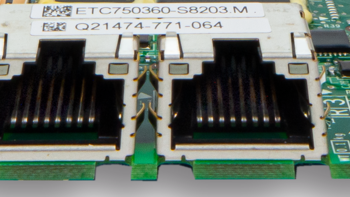More than 100 years committed to technical progress has made us the leading manufacturer in the fields of variable AC drives, servo drives, control technology and robotics.
Detailed information
Our regenerative solutions offer different functions so you will find the perfectly matching device for your application. The table below shows you the key differences at a glance. With the buttons above, you can find all the details, manuals, CAD & CAE data and all the other downloads you need.
| U1000 | D1000 | R1000 | |
|---|---|---|---|
|
Power regeneration |
🗸 |
🗸 | 🗸 |
|
Motor drive |
🗸 | - | - |
|
Improve power factor |
🗸 | 🗸 | - |
|
Suppress input current harmonics |
🗸 | 🗸 | - |
| DC voltage boost | - | 🗸 | - |
| Multiple drives | - | 🗸 | - |
| 50 Hz bypass integrated circuit | 🗸 | - | - |
Drive finder
If you already know what you need and just want to make sure we offer the perfectly sized regenerative solution, go ahead to the drive finder. You will also find the technical data and any downloads you might need - be it CAD files for designing your machine, manuals, CAE files, brochures or software.
U1000 Series
U1000 is the perfect match for single motor drive applications with requirements to power regeneration and low harmonics such as lifts, escalators, HVAC machinery, hoists, centrifuges, and many others.
U1000 is approved for global marine installation. Compared to 12 pulse systems the Yaskawa matrix design provides significant footprint and weight savings, keeping the THDi within the IEEE 519 limits.
Read moreD1000 Series
The Yaskawa D1000 regenerative converter unit saves energy and space. Suitable for both regenerative individual drives and systems of AC drives, servo axes or robots, the D1000 feeds excess braking energy back into the grid instead of converting it into heat. This not only reduces energy consumption and cost but also contributes to the protection of our environment.
Read moreR1000 Series
The R1000 regenerative braking unit is a smart and efficient alternative to dynamic braking for single or multi-axis drive installations with a high amount regenerative motor operation. Suitable for both regenerative individual drives and systems of inverter drives, servo axis or robots, the R1000 feeds excess braking energy back into the power grid instead of dissipating it as heat.
Read more


























